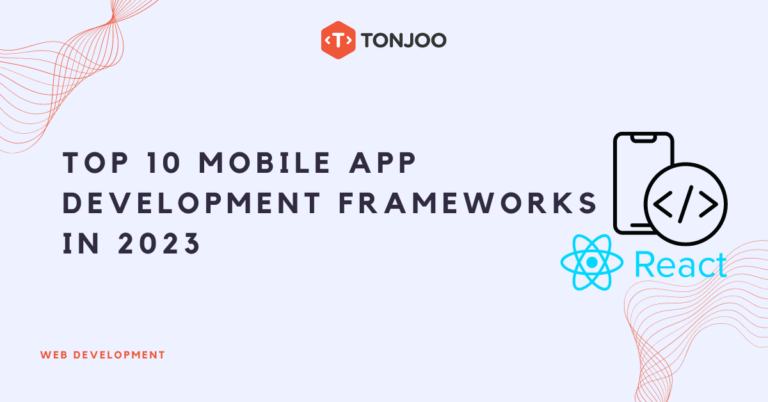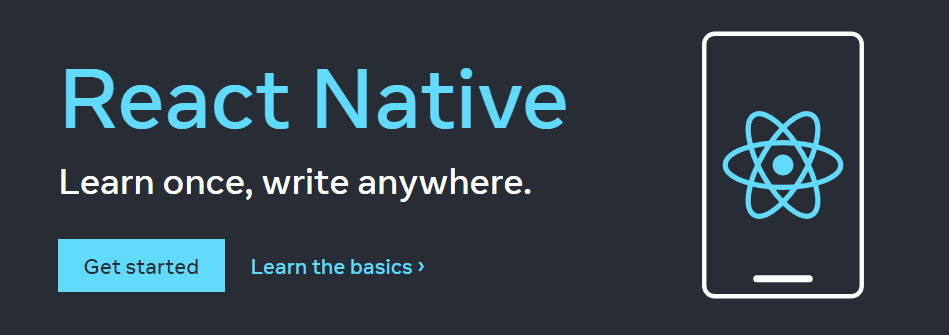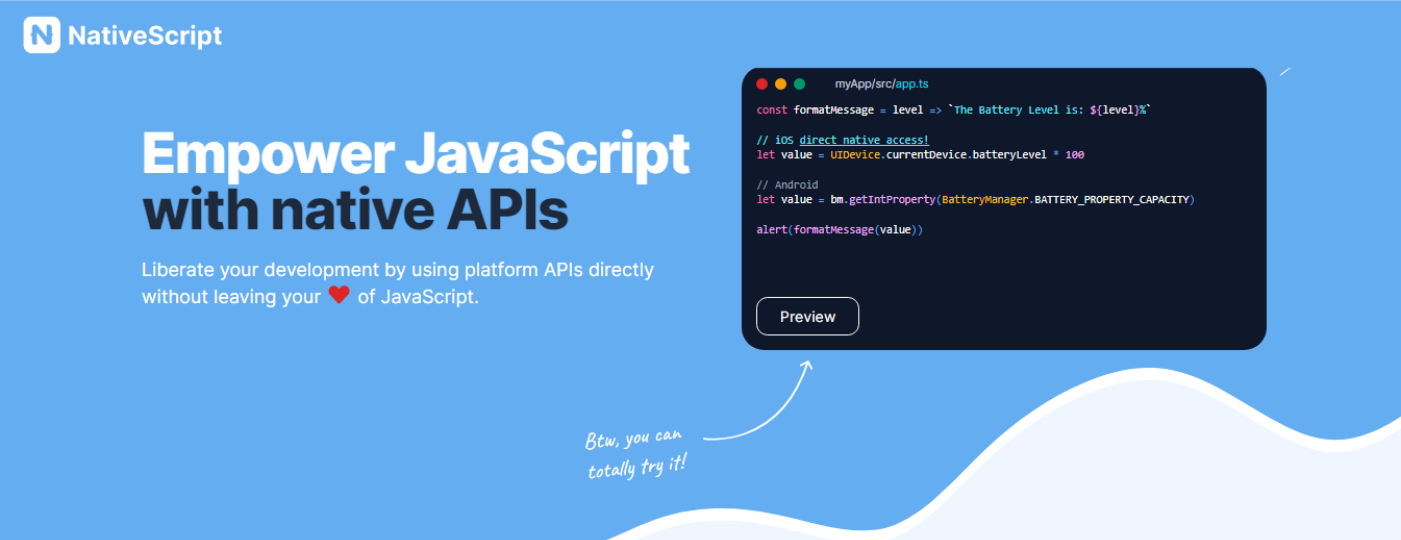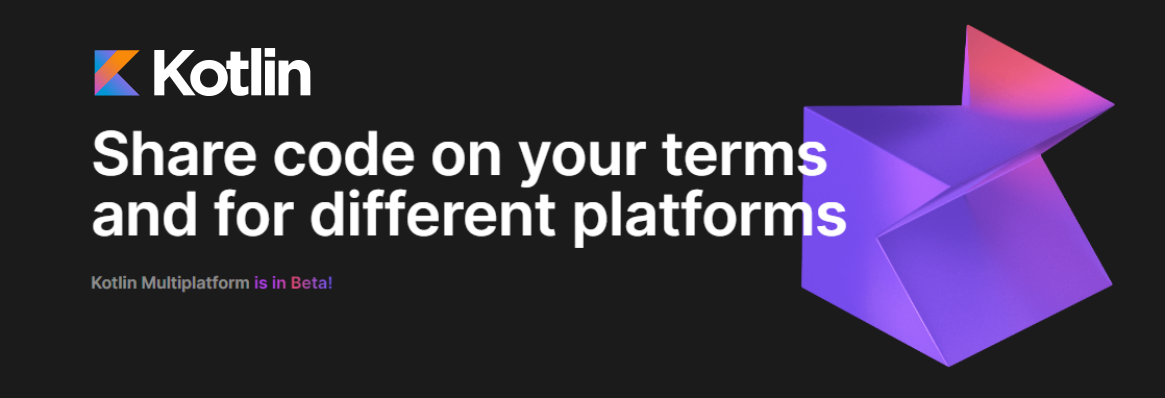
This list of top 10 Mobile App Development Frameworks will help you choose the best suited framework for your specific needs, enabling you to create efficient, visually appealing, and user-friendly mobile apps.
Mobile app development has become an essential skill for developers, with the constant rise in smartphone usage worldwide. In 2023, we have a plethora of frameworks to choose from, each offering unique features and benefits.
This article will introduce the top 10 mobile app development frameworks, making it easier for you to select the right one for your needs, whether you are a student, developer, or a company looking to build a mobile app.
Table of Contents
1. React Native

Developed by Facebook, React Native is an open-source framework that allows developers to build cross-platform apps using JavaScript and React. With a massive community and extensive resources, React Native is a popular choice for both experienced and beginner developers.
With this mobile application development, you can code once and deploy it on both iOS and Android platforms, saving time and effort.
Pros:
- Large community and extensive resources.
- Cross-platform development using JavaScript and React, allowing for code reusability and a shorter learning curve for developers familiar with these technologies.
Cons:
- Performance may be inferior compared to native apps
- Platform-specific issues may still arise
2. Flutter

Google‘s Flutter framework enables the creation of high-quality, cross-platform apps using the Dart programming language. Its Hot Reload feature makes it a favourite among developers for building responsive and visually appealing apps.
So, this app creation framework is for developers who are looking for performance and a vast ecosystem of third-party libraries.
Pros:
- Hot Reload Feature that allows to see changes in the running app
- Enables rapid and visually appealing app development using Dart and a rich widget library
- Smooth user experience across different platforms.
Cons:
- Relatively larger app sizes compared to native apps
- Smaller community compared to JavaScript
- Limited access to some native APIs and functionalities
3. Xamarin

Xamarin, a Microsoft-owned framework, allows developers to create native iOS, Android, and Windows apps using C# and the .NET framework. With the ability to share up to 90% of code across platforms, Xamarin is a great choice for developers with a background in C#.
Overall, Xamarin offers a robust mobile software development framework for cross-platform app with native performance, code-sharing capabilities, and seamless integration with native APIs.
Pros:
- integrates with the .NET ecosystem
- Allows for code sharing across platforms using C#, reducing development time and effort for developers with a background in C# and .NET
Cons:
- Performance may be lower than native apps
4. Ionic Framework

Ionic is an open-source framework that focuses on performance and the creation of progressive web apps (PWAs) and hybrid apps. Built on top of Angular and Apache Cordova, Ionic uses web technologies like HTML, CSS, and JavaScript for app development.
With its focus on cross-platform compatibility, rich UI components and theming options, Ionic offers a powerful framework for hybrid mobile app programming.
Pros:
- Focuses on progressive web apps (PWAs) and hybrid apps.
- Leverages web technologies (HTML, CSS, and JavaScript) for app development, making it accessible to developers with web development skills.
Cons:
- Performance may not be on par with native apps
- Dependency on third-party tools for access to native features
5. Apache Cordova (PhoneGap)

Apache Cordova, formerly known as PhoneGap, is an open-source platform that allows developers to build native mobile apps using web technologies like HTML, CSS, and JavaScript. With a vast plugin library and a strong community, Cordova is a popular choice for hybrid app development.
This app design and development framework offers a flexible and powerful framework for building cross-platform mobile applications, providing access to native device features, extensibility through plugins, and seamless integration with web technologies.
Pros:
- Vast plugin library.
- Allows for building native mobile apps using web technologies
Cons:
- Inferior performance compared to native apps due to its reliance on web technologies
- UI may not be as polished as native apps
- Plugins dependence
6. NativeScript

NativeScript is an open-source framework that allows developers to build native mobile apps for iOS and Android using JavaScript, TypeScript, or Angular. Its direct access to native APIs makes it a powerful tool for creating high-performance apps.
This mobile app development framework offers a unique approach with a focus on native UI, access to native APIs, and more. It’s an intriguing choice, but if you love JavaScript, you’ll love this mobile app engineering framework.
Pros:
- Direct Access to Native APIs
- Enables the creation of native mobile apps using Java Script, TypeScript, or Angular, without compromising on performance
Cons:
- Smaller community and fewer resources
- Performance may not be as optimal as native apps in some cases
7. Appcelerator Titanium

Appcelerator Titanium is an open-source framework that enables developers to create native iOS and Android apps using JavaScript. With its Alloy MVC framework and cloud-based services, Titanium is a comprehensive solution for building scalable and data-driven apps.
Support for native UI components and platform abstraction layer simplifies the smartphone app development process.
Pros
- Alloy MVC framework and cloud-based services
- Provides a comprehensive solution for building scalable and data-driven apps using JavaScript
Cons:
- Limited community size and fewer resources
- Potential performance issues
8. Swift UI:

SwiftUI, developed by Apple, is a user interface toolkit that allows developers to create native iOS, macOS, watchOS, and tvOS apps using the Swift programming language. With its declarative syntax and live preview feature, SwiftUI simplifies the process of building visually stunning and responsive apps.
This mobile app-building framework enables developers to create visually appealing and interactive user interfaces across various Apple platforms.
Pros
- Declarative syntax and live preview feature.
- Simplifies the development of visually stunning and responsive apps for Apple platforms using Swift
- seamless integration and optimal performance on iOS, macOS, and other Apple’s Products
Cons:
- Limited to Apple platforms only, unsuitable for cross-platform app development
- Relatively new, some features might still be under development
9. Kotlin Multiplatform Mobile (KMM)

Kotlin Multiplatform Mobile is a framework developed by JetBrains that allows developers to share code between iOS and Android apps using Kotlin. By enabling the reuse of business logic across platforms, KMM saves development time and effort.
This mobile app coding framework offers a seamless Java interoperability, built-in null safety, concise syntax. Kotlin is also the official language for Android app development.
Pros:
- Facilitates code sharing between iOS and Android apps
- reducing development time and effort while maintaining platform-specific functionality
Cons
- Smaller community and fewer resources
- Limited to sharing business logic only; developers still need to write platform-specific UI code
10. Quasar Framework:

Quasar is an open-source framework that allows developers to create responsive single-page applications (SPAs), server-side rendered (SSR) apps, PWAs, and hybrid mobile apps using Vue.js. With its extensive component library and support for multiple platforms, Quasar is a versatile choice for mobile app development.
Its features make it a valuable tool for developers who want versatile application deployment for mobile devices.
Pros:
- Built on top of Vue.js
- Offers versatility in creating responsive SPAs, SSR apps, PWAs, and hybrid mobile apps
- extensive component library and support for multiple platforms
Cons:
- Performance may not be on par with native apps,
- less polished UI compared to native apps
- Dependency on third-party tools
End Note
Those are the top 10 mobile app development in 2023. Selecting the right framework is crucial for creating high-quality mobile apps.
The frameworks listed in this article are among the best in 2023, offering a range of features and capabilities to suit different developer needs. Consider your project requirements, preferred programming languages, and target platforms
Don’t want to go through the steep learning curve of learning those frameworks? Save your time and energy by working with Tonjoo.
We had worked on projects like Erge Store Apps, Uber Driver Loyalty Program as well as Hello Sehat Apps.
Let us know your project requirement and goals so that we can build your app in React Native for the best performance. Our experienced team is dedicated to provide unparalleled services in developing a high-performance mobile app to your unique needs.
Don’t let the complexities of app development hold you back from realizing your mobile app’s potential.
Get in touch with Tonjoo today to discuss your project, and together, we’ll make your mobile app dreams a reality!
Updated on December 1, 2023 by Admin Tonjoo


